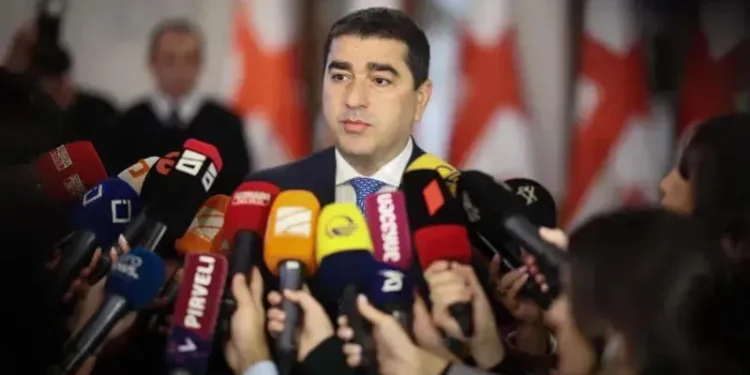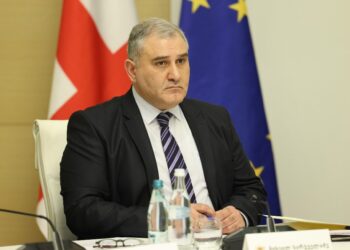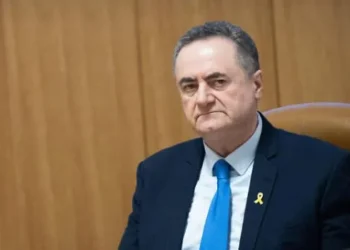A politician must make decisions in the interests of the Georgian people, and when they receive money from abroad, there is a risk they may act in the interests of a foreign country, said Shalva Papuashvili, Speaker of the Parliament. He noted that the Law “On Political Unions of Citizens” will prohibit parties from receiving any foreign funding, including money for seminars.
“Before the elections, we saw the kind of interference that was taking place in our elections and democracy, in the formation of the people’s will, from outside. Unfortunately, it has become a common practice that political parties and election campaigns are financed from outside the country. Therefore, this needs appropriate regulation.
“This legislative package addresses two issues. One concerns the financing of parties. Of course, foreign financing is prohibited, but one area remained where a foreign country, or a donor, could allocate money for free seminars or party development programs. We saw that there were schemes through which parties were financed. Let us remind you that the European Endowment for Democracy financed the Droa party from the EU budget through bypass schemes. There are also many politicians who have admitted to receiving funds from various organizations.
“Of course, as we discuss the fact that a politician should make decisions in the interests of the Georgian people, there is a risk that they will act in the interests of a foreign country when they receive money from abroad. We see that there are political groups with harmful interests toward Georgia. Therefore, it will be regulated that parties will not be able to receive any foreign funding, including for seminars or other events,” said Shalva Papuashvili.
The Speaker of the Parliament added that with the amendments to the Law on Grants, “there will be a system where the donor must obtain consent, not the NGO. This will be consent not to receive a grant, but to issue a grant.”
He explained that it is important for the Georgian people to know what is being financed in Georgia and whether it aligns with their interests.
“Unfortunately, there are many irresponsible donors, with whom we have been in discussions for months and years about how they should behave responsibly. We see that they give money, and then with this money, they do things like advertise Molotov cocktails, carry out fascist campaigns, and commit violent acts. When we ask donors about this, they act as if it is not their responsibility. They are spending the money of the people in their countries, and they should behave responsibly. They harm the interests of our society when they finance advertising for Molotov cocktails, etc. Therefore, it is important that the Georgian people know what is being financed in Georgia, and that what happens here is in their best interests. The system will be that the donor must obtain consent, not the NGO. This will be consent to issue a grant, not to receive one. If the donor wants to issue a grant, they must apply to the government or a designated government entity and obtain consent. This will ensure that the process is fully transparent for citizens, so everyone will know what money is circulating, what projects are being financed, and whether they are in the interests of the Georgian people or not. It also ensures that this is done in the interests of the Georgian people, and not in the interests of the Estonian government, or any other country. We are citizens of Georgia, and everything should be done in our interests, not in the interests of other nations and their political agendas, which, unfortunately, is the case in some instances,” said Shalva Papuashvili.














